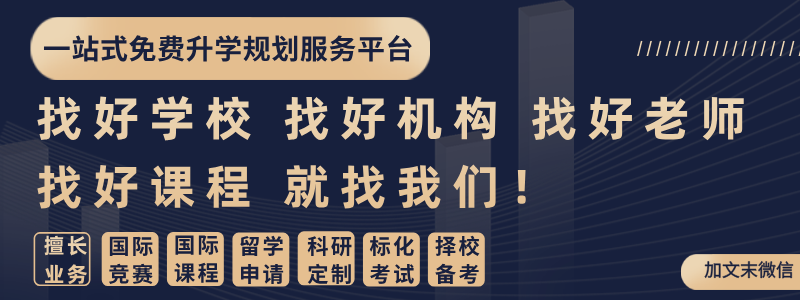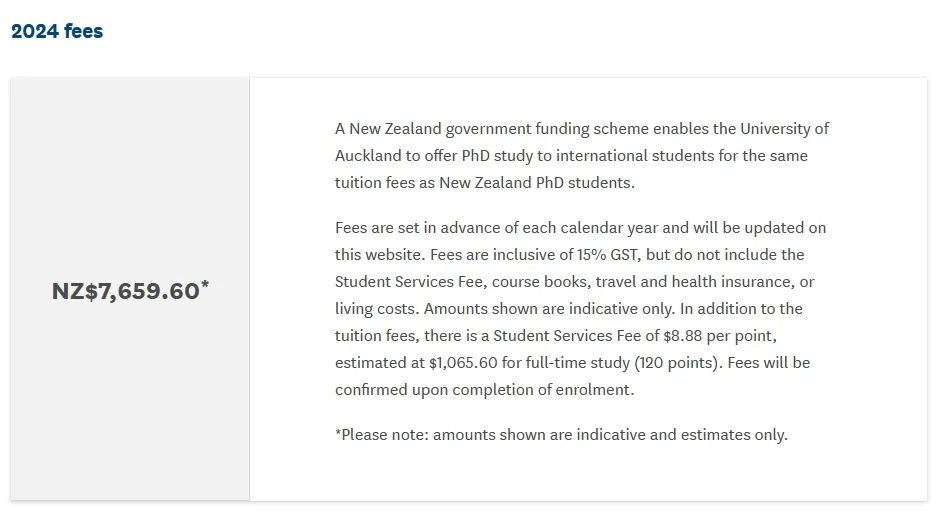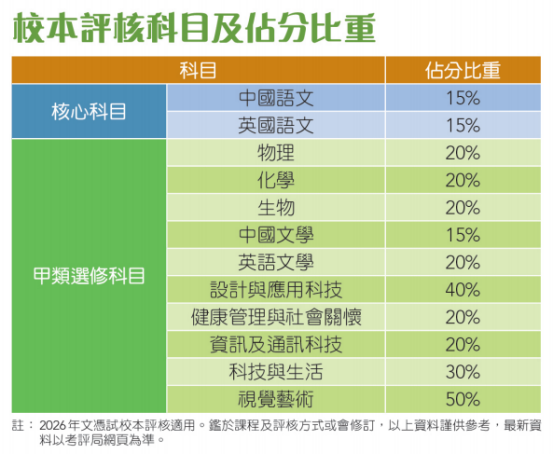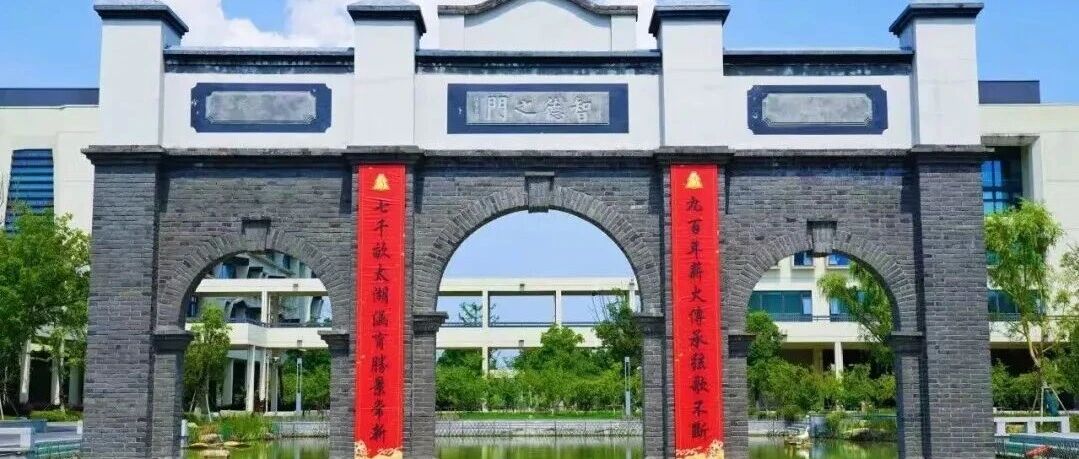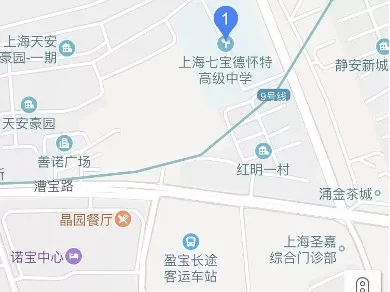本期 “老师博士”为大家推荐帝国理工学院、新南威尔士大学2024最新奖学金介绍。
01、帝国理工学院
Engineering synthetic cells using next-generation robotics and machine learning
Imperial College London | Institute of Chemical Biology
博导:Dr James Hindley,Prof Oscar Ces,Dr Antonio Del Rio Chanona
截止日期:April 12, 2024 周五
资助的博士项目(全球学生)
项目描述:
About the Project
Bottom-up synthetic biology has ushered in a new era of synthetic cell science where biomimetic entities including microrobots are constructed from non-living and living components to create tailorable structural elements and complex life-like behaviours. Synthetic cells can model systems to unravel biological processes including signal transduction and have the potential to act as microrobots for therapeutics, agrochemical delivery, diagnostics and regenerative medicine. Although significant progress has been made in developing synthetic cells with individual behaviours such as motility, biosynthesis and communication, a crucial lack of high-throughput production and screening technologies hinders the design of next generation systems.
Here, we propose to unlock this potential by developing robotic synthetic cell production methods and coupling these with machine learning-powered feedback. Such methods will be used to design and develop a suite of new synthetic cells that are capable of sensing, computation and biosynthesis using a variety of molecular parts from membrane proteins to DNA circuitry. Integration of machine learning methods will facilitate rapid data analysis and inform future experimental design, unlocking new high-throughput production workflows. Such processes will be critical in translating fundamental synthetic cell technologies to tackle societal challenges in medicine and industry, acting as new delivery systems, microreactors and diagnostics.
Supervisors
-
Dr James Hindley(Department of Chemistry, Imperial)
-
Professor Oscar Ces(Department of Chemistry, Imperial)
-
Dr Antonio Del Rio Chanona(Department of Chemical Engineering, Imperial)
Application deadline: 12 April 2024
02、新南威尔士大学
Levitating electron spin qubits on solid neon
UNSW Sydney |School of Physics
博导:Dr Maja Cassidy
截止日期:May 31, 2024 周五
资助的博士项目(全球学生)
项目描述:
About the Project
Levitating electrons on noble gases are a promising system for scalable quantum information processing, where the exquisitely clean environment allows for all major sources of decoherence to be eliminated.Recent demonstrations have shown electron charge qubits in the electron-on-neon system that have coherence times several orders of magnitude greater than any other solid-state system, and qubit fidelities exceeding 99.95%. It is expected that the coherence time of an electron spin in this system will be even longer, potentially reaching over 100s, while the vertically excited Rydberg state allows for fast qubit interaction. In this project, you will work as part of a team developing a multi-qubit architecture in this system. The project involves device design and fabrication in a clean room environment, electromagnetic simulation and cryogenic measurement in dilution refrigerators, including the use of advanced microwave measurement techniques.You will get the opportunity to present your work at national and international conferences, and there are plenty of chances for local and international collaboration.
If you are interested, please contact the supervisor for more information: Maja Cassidymaja.cassidy@unsw.edu.au
About UNSW
UNSW Sydney is one of Australiaʼs leading research universities, and quantum computing and related technologies are of great strategic importance to the university. The quantum research community numbers almost 100 staff and students working across experimental and theoretical aspects of quantum computing in 15 different research groups, spanning both Schools of Physics and Electrical Engineering. Recently, UNSW has begun to offer the world’s first undergraduate degree in Quantum Engineering. UNSW is also host to the Australian National Fabrication Facility -UNSW node, which contains equipment and know-how critical to the fabrication of quantum computing devices and related technologies
Entry Requirements
Candidates should hold a 4 year undergraduate degree or masters degree in a related field, and have some demonstrated experience in a research setting.
Closing date:Applications will be considered in the order that they are received, the position will be considered filled when a suitable candidate has been identified.
Funding:The scholarship is fully funded with a tax-free stipend of $37,684 per annum. Further top-ups are available for exceptional candidates.
How To Apply
Email your expression of interest tomaja.cassidy@unsw.edu.au
Applications should include:
-
Curriculum Vitae
-
A letter of motivation, describing your interest in and suitability for the project.
-
Degree Transcripts/Certificates to date


